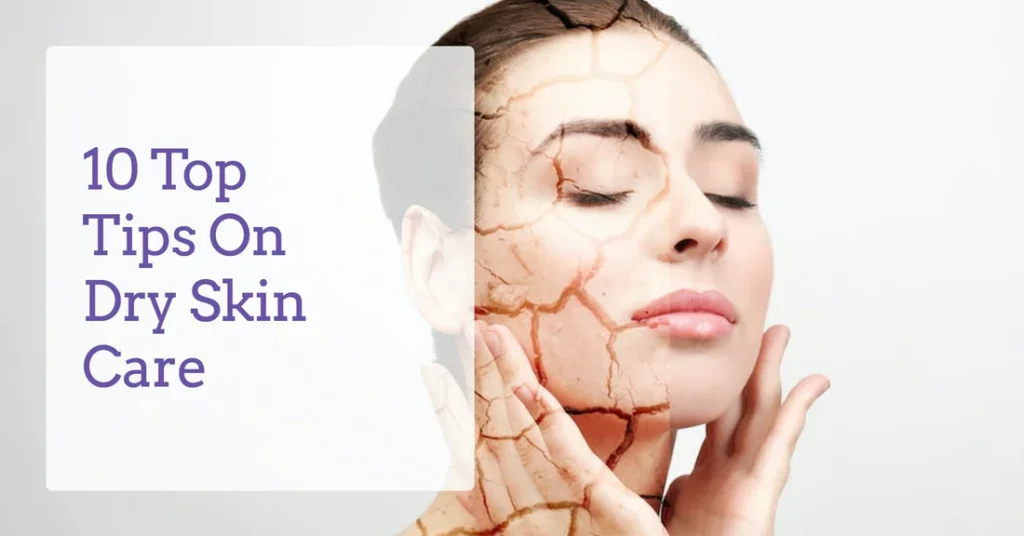Top 10 Tips For Dry Hair That Really Work
Have you ever experienced the frustration of trying to tame dry, dull, and lifeless hair? Dry hair can be caused by a variety of factors, including genetics, environmental factors, and styling practices. But don’t worry, there are plenty of ways to transform your locks and bring back that luscious shine and bounce you deserve. In this blog post, we’ll be sharing with you my top 10 tips for managing dry hair. From simple lifestyle changes to effective hair care products, these tips are sure to help you achieve healthy, hydrated hair in no time. Whether you have curly, straight, or wavy hair, these tips are tailored to suit all hair types and textures. So, say goodbye to bad hair days and hello to silky, smooth, and hydrated hair that will leave you feeling confident and fabulous. Let’s dive in! 1.Wash hair less. Have you ever heard the saying, “less is more”? Well, when it comes to washing your hair, that saying couldn’t be more true. Washing your hair too frequently can strip it of its natural oils, leaving it feeling dry, brittle, and prone to breakage. So, if you’re looking to combat dry hair, one of the best tips I can give you is to wash your hair less often. Aim to wash your hair only two to three times a week and use a gentle, sulphate-free shampoo that won’t further dry out your hair. Not only will washing your hair less often help to retain its natural oils, but it can also save you time and money in the long run. Plus, you’ll be doing your part to reduce your water usage and help the environment. So, embrace your inner mermaid and let those natural oils do their magic. 2. Use a gentle shampoo. When it comes to managing dry hair, choosing the right shampoo can make all the difference. Harsh shampoos can strip your hair of its natural oils and exacerbate dryness and damage. Instead, opt for a mild shampoo that’s gentle on your hair and scalp. Look for shampoos that are sulphate-free and formulated with natural ingredients like aloe vera, argan oil, or coconut oil, which can help nourish and hydrate your hair. Using a mild shampoo not only helps to reduce dryness but also makes your hair feel softer, smoother, and more manageable. So, give your hair the TLC it deserves and switch to a mild shampoo today! 3. Apply natural oils. If you’re looking for a natural and effective way to nourish and hydrate dry hair, consider incorporating natural oils into your hair care routine. Coconut oil, olive oil, and argan oil are all excellent choices as they are rich in essential fatty acids and vitamins that can help to strengthen and moisturise your hair. Simply apply a few drops of oil to your hair and massage it into your scalp, then leave it in for at least an hour or overnight before washing it out with a gentle shampoo. Regular use of natural oils can leave your hair feeling softer, smoother, and more manageable, and can help to reduce dryness and breakage over time. 4. Trim the split ends. Split ends can make even the healthiest hair look dry, damaged, and dull. The best way to keep your hair looking and feeling its best is to trim your split ends regularly. Split ends occur when the protective outer layer of your hair, known as the cuticle, is damaged, causing the hair to split into two or more strands. Over time, split ends can travel up the hair shaft, causing further damage and breakage. By trimming your split ends every six to eight weeks, you can help prevent further damage and promote healthy hair growth. 5. Attempt a professional deep conditioning session. Dry hair lacks the shine and bounce that healthy hair possesses. If you’re tired of trying various products to bring life back to your locks, it’s time to try a professional deep conditioning treatment. Trust me, your hair will thank you for it. Start by thoroughly washing your hair, and then apply the deep conditioning treatment evenly from the roots to the tips. Let it sit for at least 20 minutes before rinsing it off. You’ll be amazed at how soft and smooth your hair feels. So go ahead and pamper your tresses with this luxurious treatment and watch them transform into beautiful, luscious locks. 6. Do not skip your vitamins and minerals. The quest for healthy, lustrous hair can be an endless pursuit. But did you know that taking vitamins and minerals can help combat dry hair from within? Incorporating foods rich in vitamins A, C, and E, as well as biotin and zinc, can do wonders for your locks. These nutrients help nourish hair follicles, promoting healthy hair growth and preventing breakage. So load up on leafy greens, nuts, and citrus fruits to give your hair the boost it needs. Trust me, your hair will thank you for it, and you’ll be one step closer to having the luxurious locks you’ve always dreamed of. 7. Use appropriate types of combs and brushes. Dry hair can be fragile and prone to breakage, especially when it’s brushed or combed improperly. To prevent damage, it’s important to use the right kind of combs and brushes. Wide-toothed combs and soft-bristled brushes are perfect for detangling and styling dry hair. Avoid using metal or plastic combs, as they can create static and cause hair to become frizzy. Instead, opt for natural materials like wood or boar bristle brushes, which are gentle on the hair and distribute natural oils evenly throughout the strands. By using the right tools, you can maintain the health and beauty of your dry hair, keeping it soft, smooth, and easy to manage. 8. Provide your hair with a weekly hair mask. If you have dry hair, a weekly hair mask treatment can work wonders. These treatments provide deep hydration, restoring moisture to your hair and leaving it looking shiny and healthy.
Top 10 Tips For Dry Hair That Really Work Read More »





